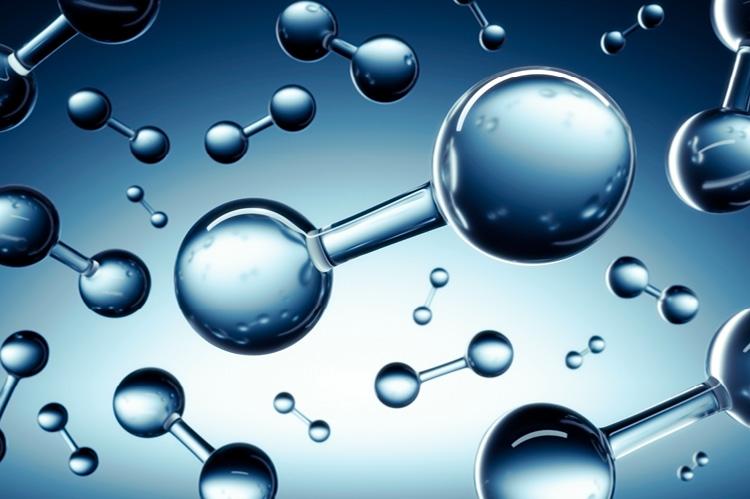How Suitable Is Hungary's 5,874 km Gas Pipeline System for Hydrogen Transportation?

FGSZ Ltd, the owner and operator of the Hungarian high-pressure transmission natural gas pipeline system servicing gas distribution companies, power plants and large industrial consumers has commissioned Det Norske Veritas (DNV) to assess the suitability for partial to full hydrogen transport of one of FGSZ’s pipelines. The purpose of this project is to evaluate the suitability of FGSZ’s DN600 system, consisting of a DN600 pipeline and valve station for hydrogen transportation. FGSZ has set up different scenarios to assess the implications of exchanging natural gas with up to 100% gaseous hydrogen.
The Hungarian effort falls within the context of the European Green Deal: the EU has set itself a binding target of achieving climate neutrality by 2050. Along these lines the EU Hydrogen Strategy provides guidelines and actions for how to begin a hydrogen economy. FGSZ is contributing to this strategy by examining the transportability of hydrogen and hydrogen mixtures in the Hungarian natural gas system.
Roughly 78% of senior energy professionals say repurposing existing infrastructure – such as the FGSZ system –will be key to developing a large-scale hydrogen economy. This is according to DNV’s recent report Rising to the Challenge of a Hydrogen Economy, which explores the outlook for the emerging hydrogen economy, from production through to consumption.
“Hydrogen will play a key role in deeply decarbonizing Europe’s gas transportation industry and contributing to the European Union’s targets for net-zero carbon emissions by 2050. We are delighted to secure this project with FGSZ and support them in navigating the risks and opportunities of the energy transition, ultimately accelerating the supply of decarbonized gas to their customers. This is an important step for FGSZ, and for Hungary, in contributing to the EU climate neutrality target by 2050,” said Prajeev Rasiah, Executive Vice President for Energy Systems, Northern Europe at DNV.
“The project involves DNV energy experts from the Netherlands and Germany, investigating the potential of hydrogen transportation options through the DN600 pipeline utilizing expertise in pipeline material, safety, integrity, and pipeline inspection. It’s pleasing to see that the experience we are bringing from previous hydrogen studies in the UK, The Netherlands and Italy is really valued by FGSZ,” added Victoria Monsma, Pipeline Integrity Specialist, who is actively involved in this project.

